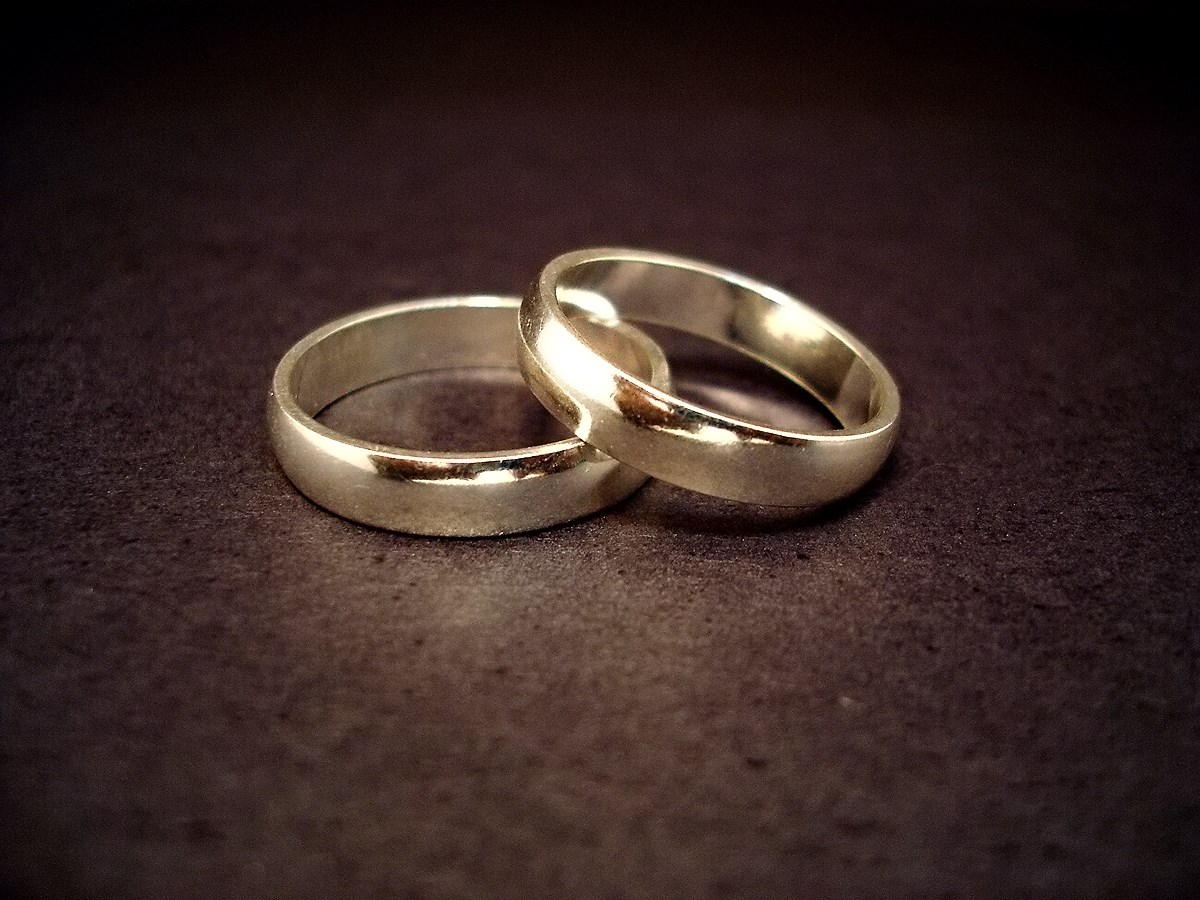Recently my wife said to me that when I relay a story in which I play a part, I always paint myself in the best light. That comment surprised me. It was not the whole of her response to me—nor was it said in a time of conflict—but it revealed a way that I am…
Fruits of the Spirit The sweet, refreshing result of his life in us.
I have been reminded of and pondering the fruit of the spirit again recently. The Fruits of the Spirit are an easy Sunday School object lesson. We are all familiar with, and most of us love to eat, fruit. Fruit is colorful, comes in various interesting shapes, and is delicious; and also provides sustenance. Who…
Fragile How would it be if we were gentle with one another?
If you think about it, we’re all quite fragile. Some of us mask the fragility with bravado. We even put on a brave face for ourselves, attempting to convince not only the world but our own hearts that we are strong, capable, able, and unafraid. But the truth is that pseudo-confidence could be shattered by…
Recommended Reading
About mid-way through March of this year, I decided I would like to try reading one of those daily Bibles. I had been dabbling in reading some of the Old Testament, which I had not done for a while, and I figured what better way than to read through it in manageable, daily selections? I…
No Offense How we so easily offend and are offended
I need to start by saying I am sorry. I am sorry that I have hurt you. I am sorry for careless words or actions which left you feeling hurt, overlooked, demeaned, ridiculed, devalued, disregarded, or even just misunderstood. Yes, you. I’ve noticed in a few recent interactions—first and third person—how easily we offend and…
Reminders Little things can mean a lot
I have a story to tell you. It started with our oldest daughter wanting a different vehicle. Her recent luck with used vehicles purchased in NY state is abysmal. Each of them were corroded by rust beyond the point of reasonable usage within a year of her acquiring them. So we decided to look for…
Twenty Years Life Changes, God Does Not
A lot can happen in two decades.1 When I posted my first “blog” 20 years ago this date, I was a musician, writing, recording, and performing my songs anywhere and everywhere across the country. I was a young, recently-married father of two (with one on the way) who preferred air-conditioned, indoor life. A cup of…
Indentifying With Mary Rather than Martha, whom we all know got it wrong.
I identify with Martha. That might seem odd, in that I am a man, but I think I do. I’m not talking about any sort of gender identity crisis, mind you. Rather, as I was taking care of many details around my home today (which I find myself doing quite often) I was reminded of…
Marriage: Great Risk, Great Reward It's not in what you get, but what you give. And give up.
Marriage is hard. If you’re soon to be wed and you hear those words, you eschew them as the trite acrimony of bitter people. That will never be true for us, you say to yourself, sure of the truth of your conviction. Without fail, you discover that the union of two lives into one is…
Speaking Of Death The difference between not fearing death, and not really living.
A good friend remarked recently that death or dying came up frequently in our family’s conversations. His comment was more a good-natured jab, I think, as we were all enjoying funny thoughts and stories, joking around. But I have thought about that since. I wondered if we perhaps give death—one of God’s enemies, defeated by…









